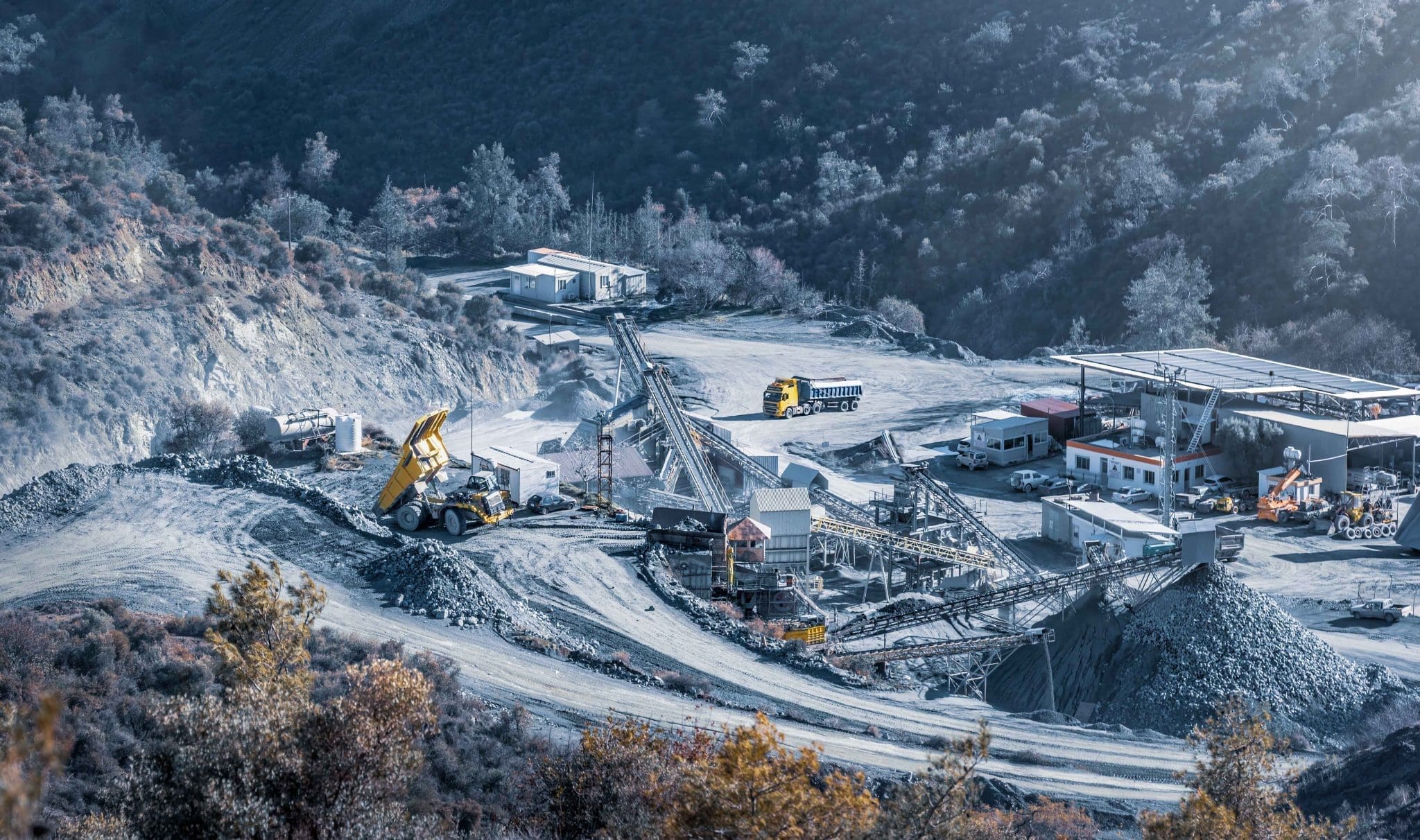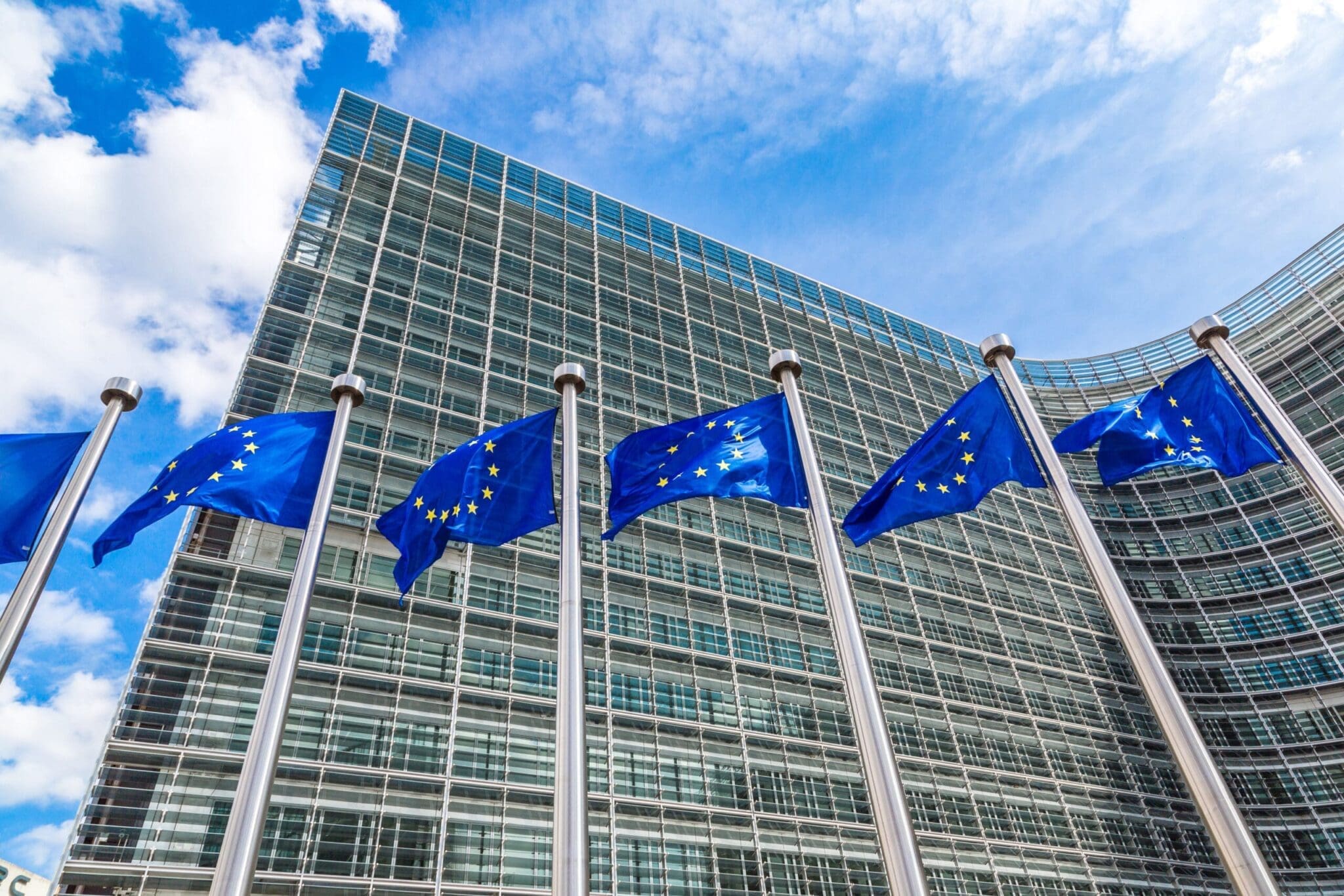World Environment Day 2024 focuses on land restoration, desertification and drought resilience but Achilles data shows that 18% of businesses still haven’t done an environmental impact assessment or got an impact reduction plan. New EU regulation means time is running out.
The 5th of June marks World Environment Day. First established in 1972 by the United Nations General Assembly, World Environment Day is an important action day in the sustainability calendar. This year, the event is hosted by Saudi Arabia and focuses on land restoration, desertification and drought resilience under the slogan “Our land. Our future. We are #GenerationRestoration.”
In 2022, The World Economic Forum estimated that one in every five hectares of land on Earth is unusable and by 2050 only 10% of land could be healthy. It asked the question “How many businesses have done a stress test of their new investments, integrating the long-term risks associated with land degradation or drought?”
The international business community has a key role to play in helping prevent unnecessary land depletion, desertification and excessive water consumption, but Achilles data shows that businesses are failing to help protect the resources of healthy ecosystems they depend upon.
Policies and regulatory frameworks are increasingly gearing towards regeneration alongside sustainability. A flurry of new disclosure and due diligence legislation such as the EU’s recently introduced Corporate Sustainability Reporting Directive (CSRD) and the Corporate Sustainability Due Diligence Directive (CSDDD), place increasing levels of importance on identifying and addressing negative environmental impacts, both direct and indirect (value chain related), that result from business activities.
For instance, the CSRD requires companies to disclose their environmental performance on material topics including:
- Water and Marine Resources
- Biodiversity and Ecosystems
- Resource Use and Circular Economy
The often-cited Organisation for Economic Co-operation and Development (OECD) Guidance for Responsible Business Conduct contains a six-stage due diligence process to support businesses to comply with such sustainability and regeneration related legislation.
Two of the most critical steps in the OECD’s process, steps two and three, advise companies to identify and assess adverse impacts in operations, supply chains and business relationships and cease, prevent or mitigate adverse impacts. Recent analysis by the Data Science Team at Achilles suggests that whilst many businesses are working towards the OECD recommendations, there is still more work to be done.
According to our findings, 18% of the companies analysed are yet to carry out an environmental impact assessment of their operations or introduce any action plan to reduce environmental impact.
Further analysis has identified that, of the 18% of companies, 5% are businesses that fall within the geographical and legislative scope of CSRD which has already come into force for many EU businesses and will be progressively impacting more and more businesses as it rolls out over the next 5 years.
Roll out schedule for CSRD

The important role that the global business community plays in protecting the environment is becoming increasingly recognised. Businesses have a legal and moral obligation to identify their environmental impact and implement actions to mitigate negative impacts where possible. By assessing environmental impact, businesses can establish programmes to restore depleted land, develop more efficient water consumption or storage systems which will help to slow down desertification.
Achilles team of sustainability experts work with clients around the world to help them identify sustainability risks and opportunities within their supply chains. Our data enables businesses to develop risk-based ESG strategies to more effectively reduce environmental impact and report on their performance. Contact us to learn more about the Achilles OECD-aligned approach to supply chain risk management.


